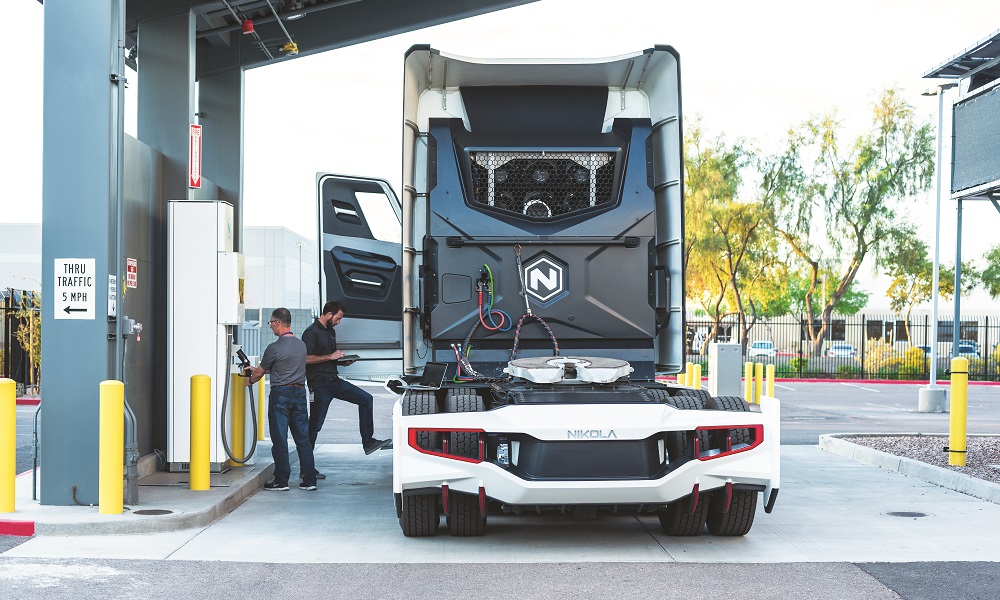Hydrogen fuel cell-powered vehicles are launching a serious challenge in the race to get greener vehicles on our roads, according to Juniper Research.
The research identified hydrogen vehicles as an increasingly viable alternative to BEVs (Battery Electric Vehicles). The potential for enhanced range and rapid refuelling compares favourably with BEVs; reducing customer anxieties around BEV ownership. These positives have led to significant investment by car manufacturers, including Hyundai, Toyota and BMW, and this will translate into an increasingly popular and available product over the next 5 years.
The findings of its new research are detailed in its new whitepaper Why Hydrogen Vehicles are Ready for the Mainstream
The research forecasts that the consumer market will lead the hydrogen vehicles space, with consumer vehicles accounting for over 60% of hydrogen vehicles in service globally in 2027. The report identified the nascent development stage of many commercial vehicle types and the high average cost of hydrogen powered commercial vehicles, at over $70,000 globally in 2022, as key factors limiting adoption.
Research co-author Olivia Williams explained: “Manufacturers will need to make hydrogen vehicles more affordable to become viable for fleets, but increased range and suitability for heavy goods transport will ultimately drive growth and economies of scale.”
Additionally, the report identified the low availability of fuelling infrastructure as a key challenge for wider adoption, but highlighted heavy industry investment as key to reducing this concern over the next 5 years. The report recommends that infrastructure vendors provide ‘green’ hydrogen, produced using renewable energy sources, to best take advantage of concerns around the environment driving the adoption of alternative fuels.



